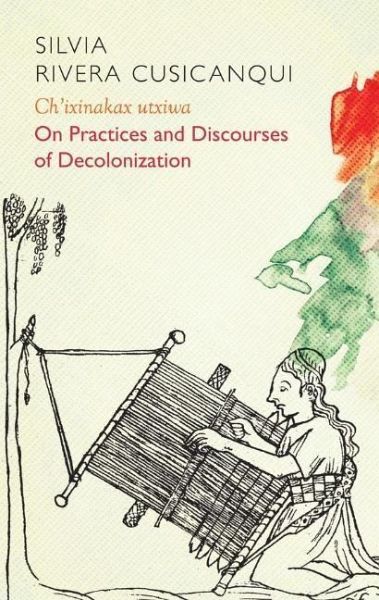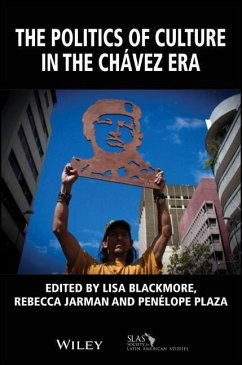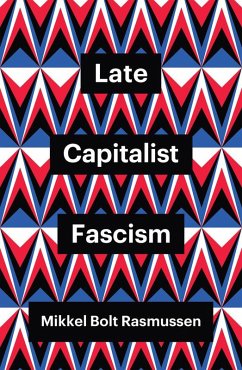Nicht lieferbar

Ch'ixinakax Utxiwa
On Decolonising Practices and Discourses
Übersetzung: Geidel, Molly
Versandkostenfrei!
Nicht lieferbar
The Bolivian scholar and activist Silvia Rivera Cusicanqui is a pre-eminent Latin American intellectual, world renowned for her work in postcolonial and subaltern studies. She has long maintained that we must acknowledge how colonial structures of domination continue to affect indigenous identities and cultures. Even in contexts where diversity and the value of indigenous cultures have been officially recognized, "internal colonialism" operates as a structure that shapes mental categories and social practices.This book considers this persistent colonial structure by examining artistic and popu...
The Bolivian scholar and activist Silvia Rivera Cusicanqui is a pre-eminent Latin American intellectual, world renowned for her work in postcolonial and subaltern studies. She has long maintained that we must acknowledge how colonial structures of domination continue to affect indigenous identities and cultures. Even in contexts where diversity and the value of indigenous cultures have been officially recognized, "internal colonialism" operates as a structure that shapes mental categories and social practices.
This book considers this persistent colonial structure by examining artistic and popular practices of apprehending and resisting it, arguing that in Andean cultures there is a sustained practice of insubordinate image production and use. Combining this visual history with other instances of political resistance, the book offers an alternative narrative to the history of Latin American decolonisation. This narrative challenges the common conception that mestizaje (race-mixing) and hybridity are liberatory formations, offering instead a new theorisation of the complex racial configurations produced by colonialism and its afterlives.
Given Rivera Cusicanqui's vital contribution to critical epistemologies, this book will be of great interest to students and scholars throughout the humanities and social sciences and to everyone concerned with the key questions of critical theory today.
This book considers this persistent colonial structure by examining artistic and popular practices of apprehending and resisting it, arguing that in Andean cultures there is a sustained practice of insubordinate image production and use. Combining this visual history with other instances of political resistance, the book offers an alternative narrative to the history of Latin American decolonisation. This narrative challenges the common conception that mestizaje (race-mixing) and hybridity are liberatory formations, offering instead a new theorisation of the complex racial configurations produced by colonialism and its afterlives.
Given Rivera Cusicanqui's vital contribution to critical epistemologies, this book will be of great interest to students and scholars throughout the humanities and social sciences and to everyone concerned with the key questions of critical theory today.











